Conclavoscope - Cardinal Louis Raphaël I Sako
Cardinal Profile and Assessment
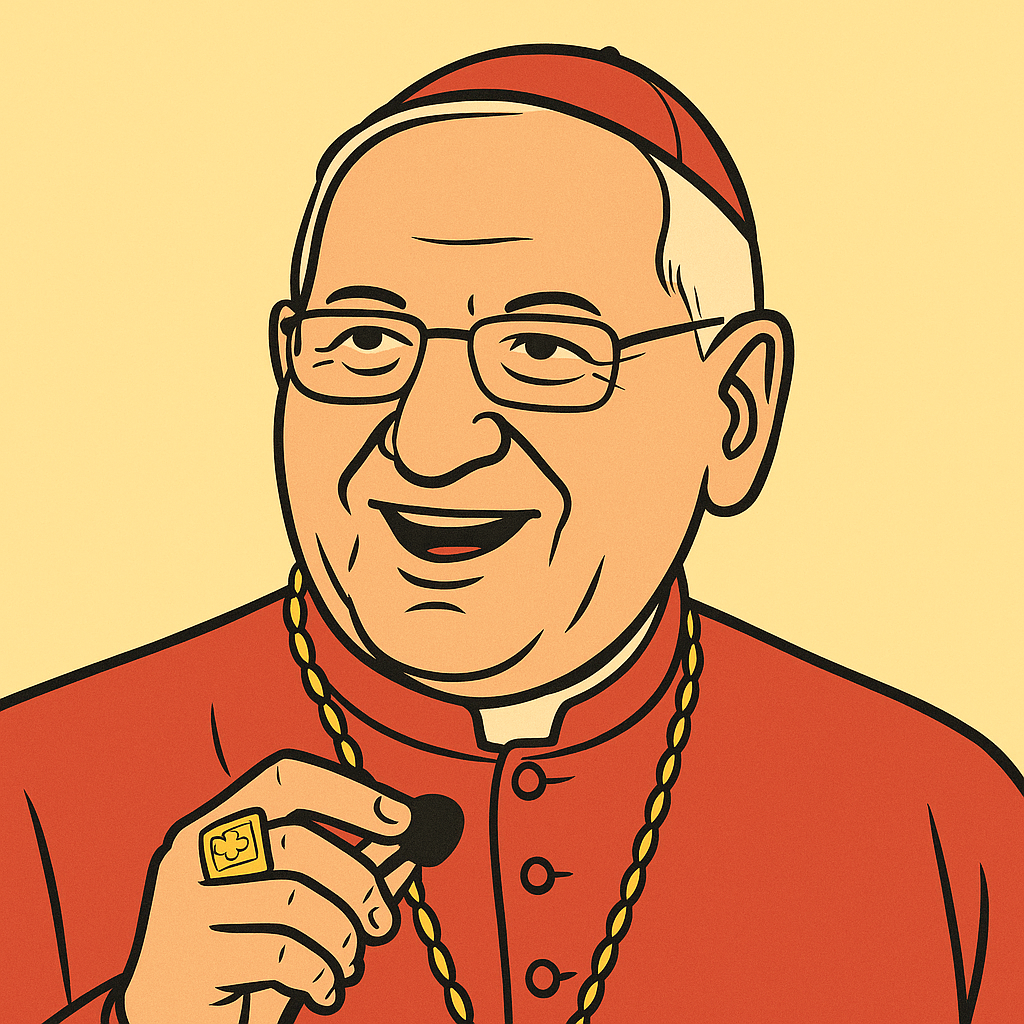
Iraqi cardinal, Patriarch of the Chaldean Catholic Church, known for his leadership in a context of persecution and his commitment to the survival of Christians in the Middle East.
| Criterion | Tendency |
|---|---|
| Moral doctrine | Very conservative |
| Liturgy | Moderately conservative |
| Sociopolitical | Very progressive |
| Relationship with Pope Francis | Moderately progressive |
| Dialogue | Very progressive |
| Communication | Very progressive |
| Overall tendency | Moderately progressive |
Cardinal Sako firmly upholds traditional Catholic moral teachings. He has explicitly rejected the blessing of same-sex unions, emphasizing that marriage is a sacrament between a man and a woman. His stance reflects a conservative approach to moral doctrine, aligning with the Chaldean Church's commitment to preserving the sanctity of marriage.
While Cardinal Sako respects traditional liturgical practices, he advocates for adaptations to meet contemporary needs. He supports the use of Arabic in the Chaldean liturgy to enhance understanding among the faithful, indicating a moderate approach that balances tradition with accessibility.
Cardinal Sako is actively engaged in sociopolitical issues, advocating for the rights of Christians in Iraq and promoting peaceful coexistence. He has called for the development of personal status laws that respect moral and national principles, demonstrating a commitment to social justice and the protection of minority rights.
Cardinal Sako maintains a close relationship with Pope Francis, expressing deep respect and affection. He has been appointed to several Vatican dicasteries by Pope Francis, reflecting mutual trust and alignment with the Pope's vision for the Church.
Cardinal Sako is a strong proponent of interreligious dialogue, particularly in the Middle Eastern context. He has called for unity among Christian denominations and has engaged in efforts to promote understanding and cooperation among different faith communities.
Cardinal Sako is known for his effective communication and pastoral sensitivity. He addresses complex issues with clarity and compassion, fostering a sense of unity and hope among the faithful, especially in challenging times.
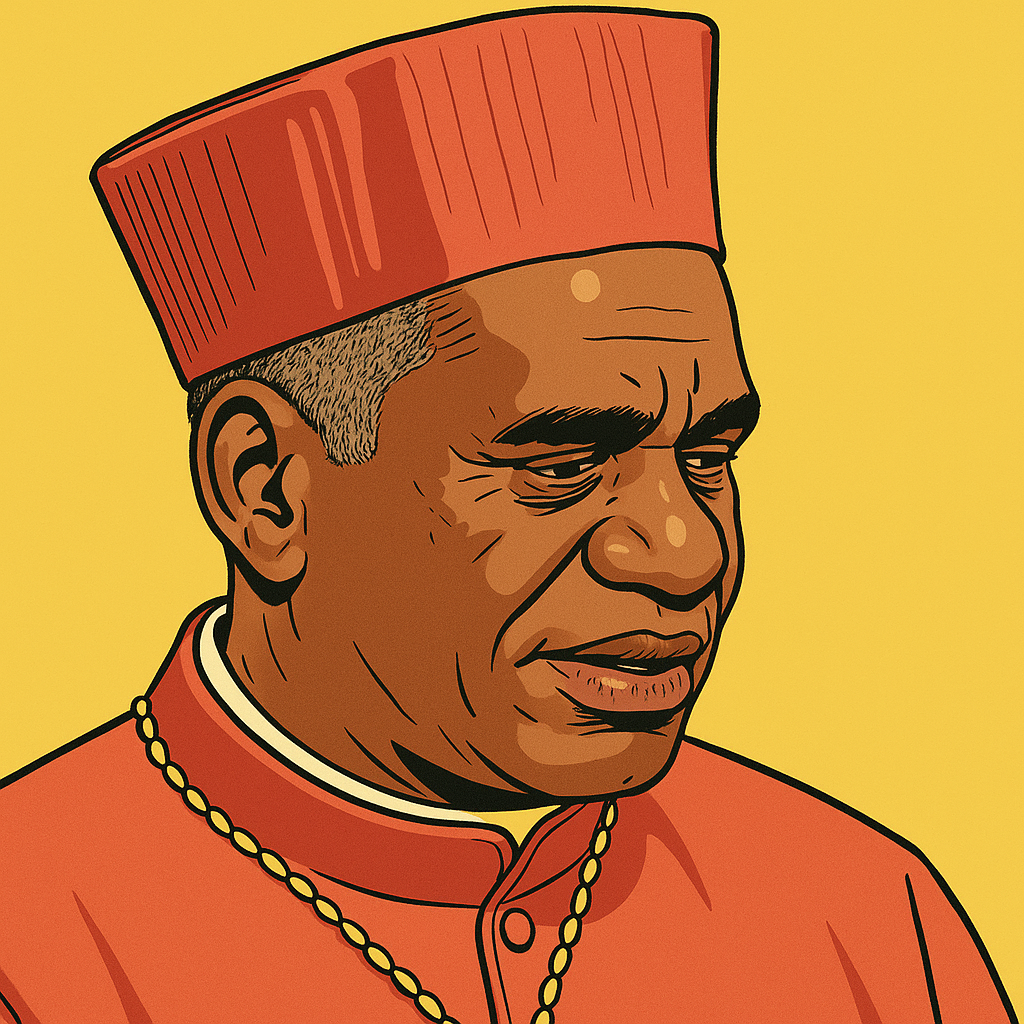
Madagascar
Malagasy cardinal, known for his traditionalist positions, his attachment to classical liturgy, and his vigorous defense of Catholic moral doctrine.
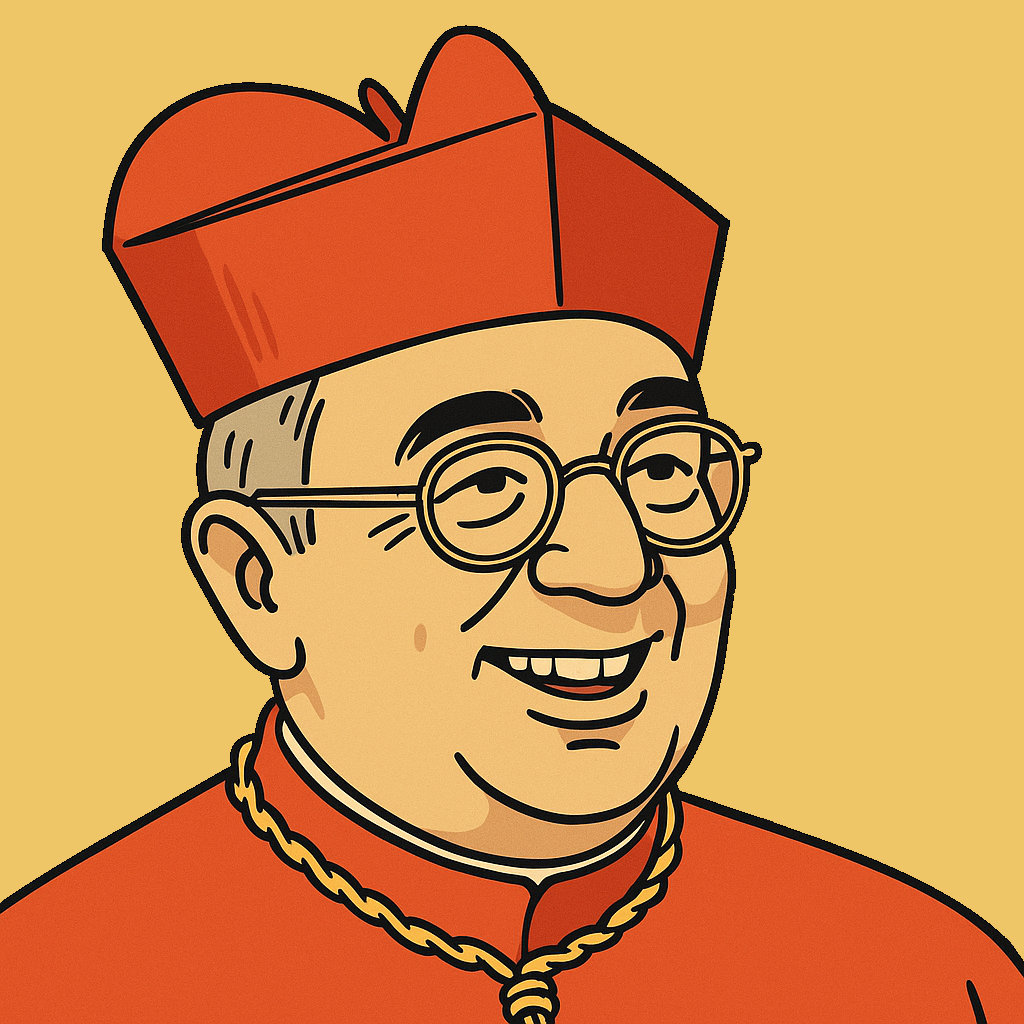
Italy
Italian cardinal, former vicar general of the pope for the diocese of Rome, known for his balance between liturgical tradition and moderate pastoral openness.
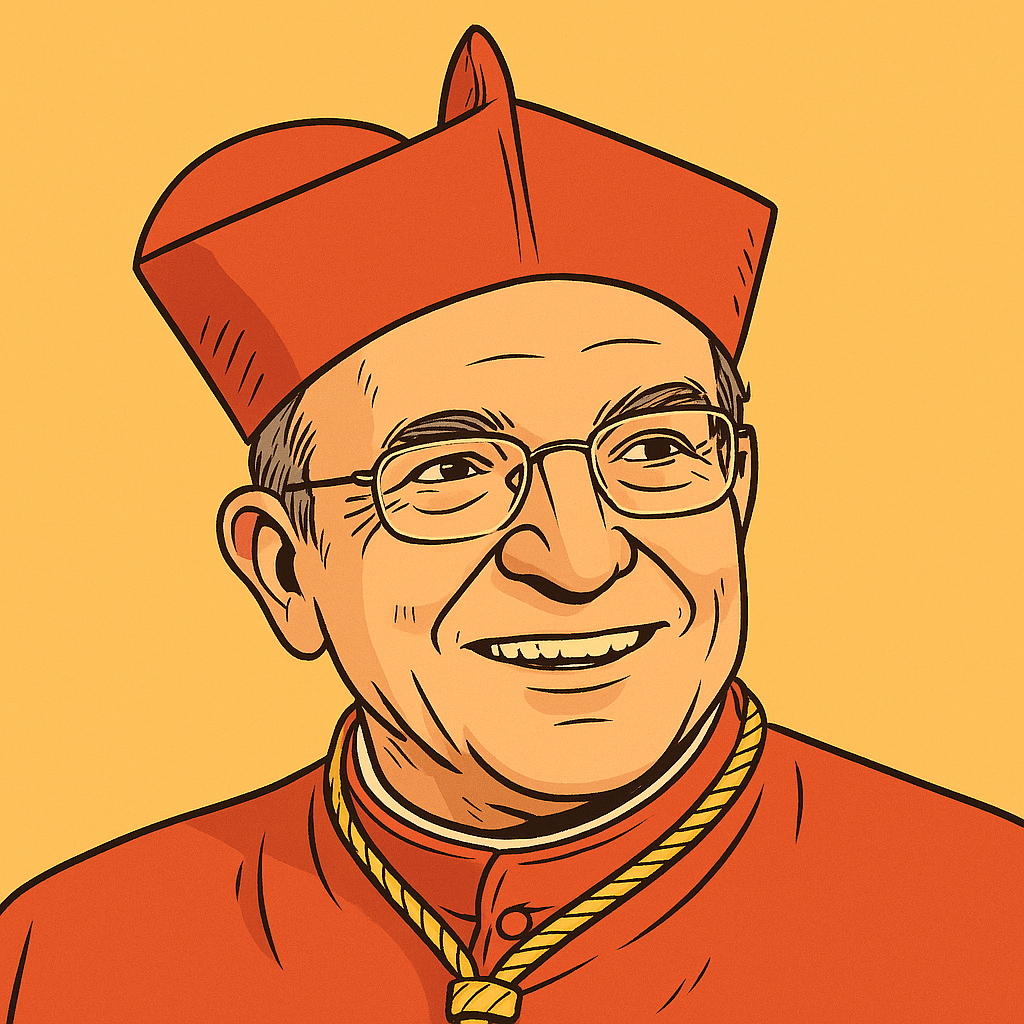
Italy
Italian cardinal, Archbishop of L'Aquila, known for his leadership after the 2009 earthquake and his pastoral approach combining tradition and community engagement.
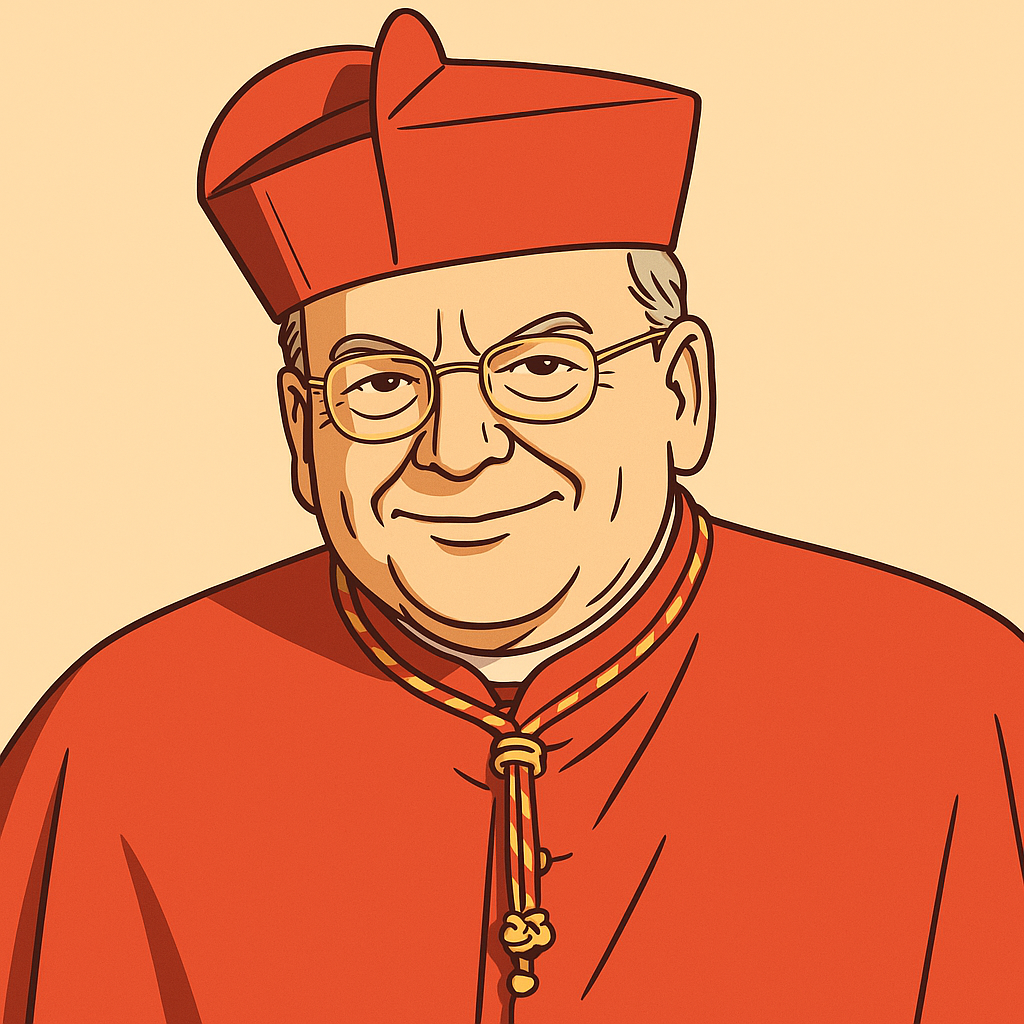
United States
age: 77
American cardinal, patron of the Order of Malta, known for his very conservative positions on liturgy and doctrine, and his open opposition to certain orientations of Pope Francis' pontificate.

Myanmar
age: 77
Burmese cardinal, the first from his country, known for his commitment to peace and reconciliation, combining respect for tradition and interreligious dialogue.
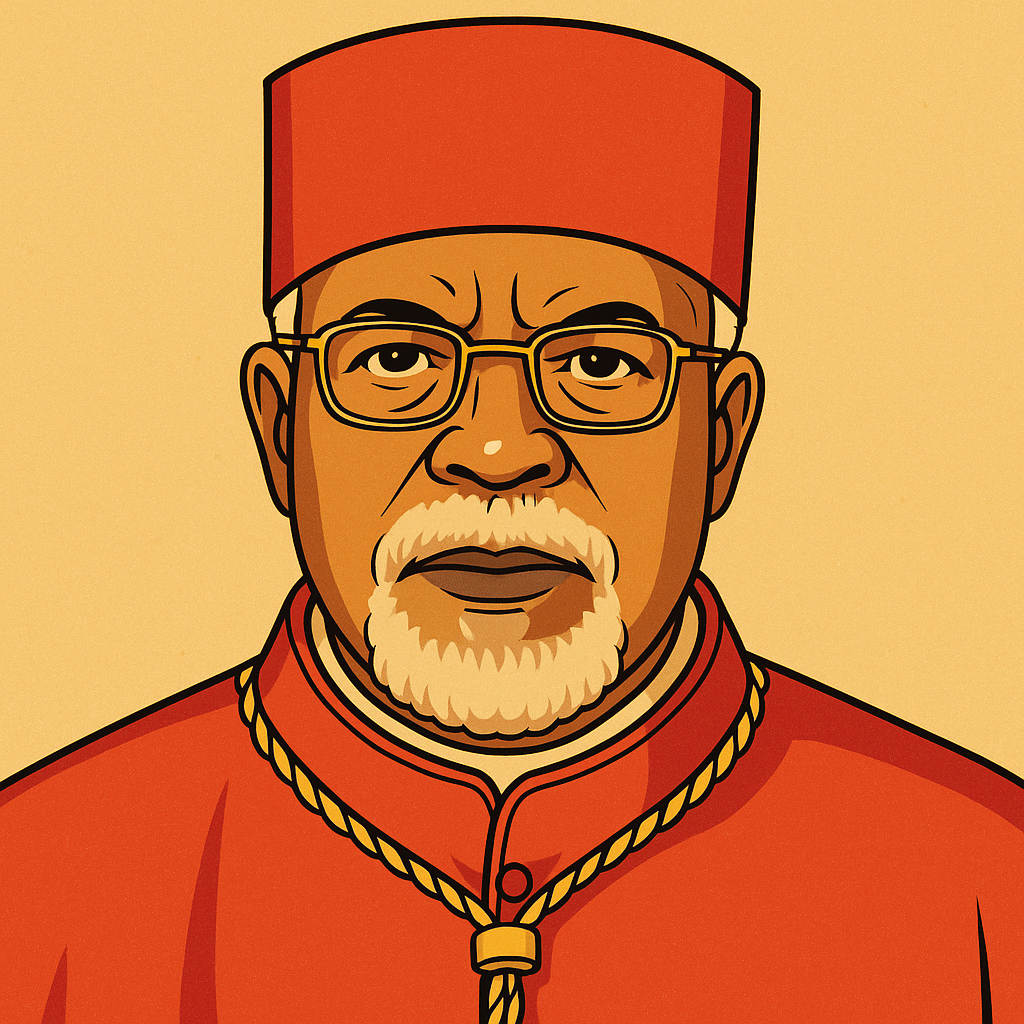
Ethiopia
age: 77
Ethiopian cardinal of Eastern rite, known for his defense of traditional Church values and his pastoral work in a context of religious tensions.
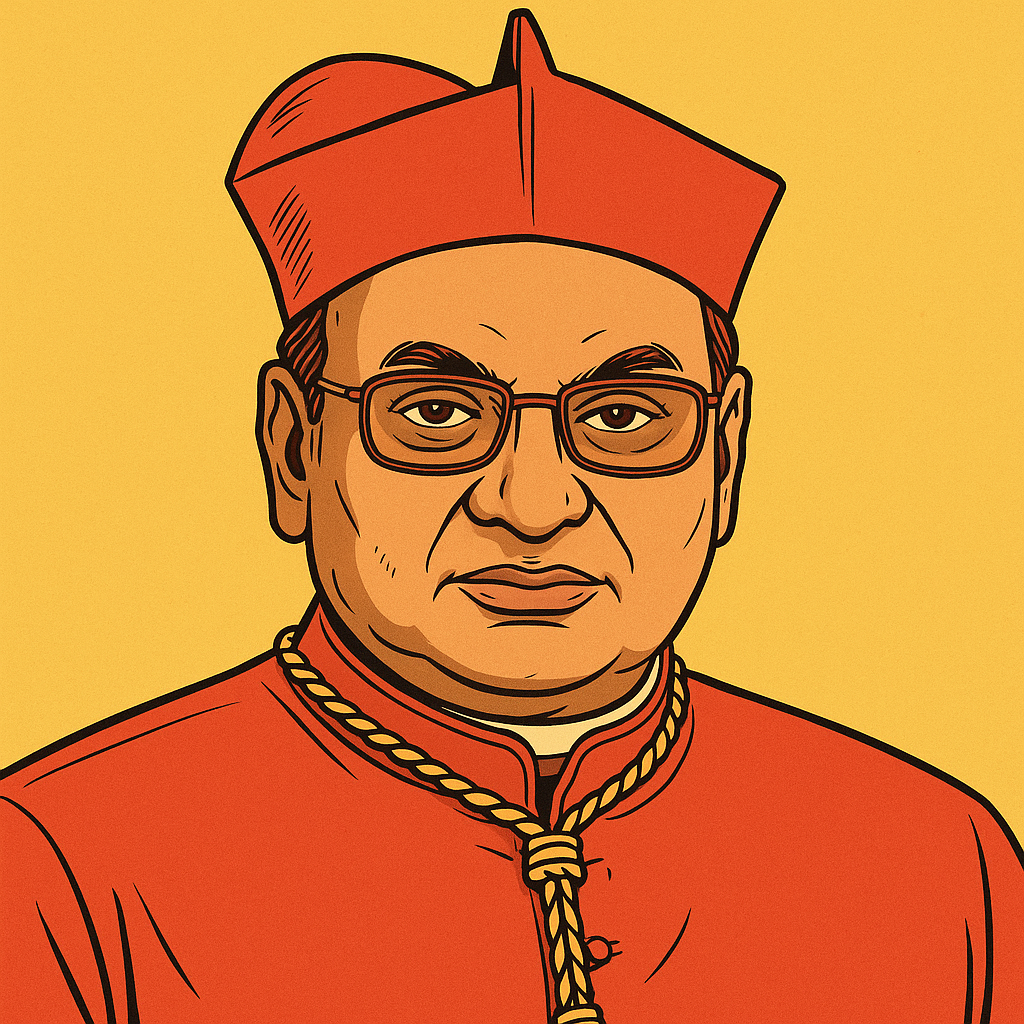
Sri Lanka
Sri Lankan cardinal with strong traditionalist positions, known for his attachment to traditional liturgy and defense of Catholic doctrine.

Germany
German cardinal, former prefect of the Congregation for the Doctrine of the Faith, known for his very conservative positions and vigorous defense of traditional doctrine.
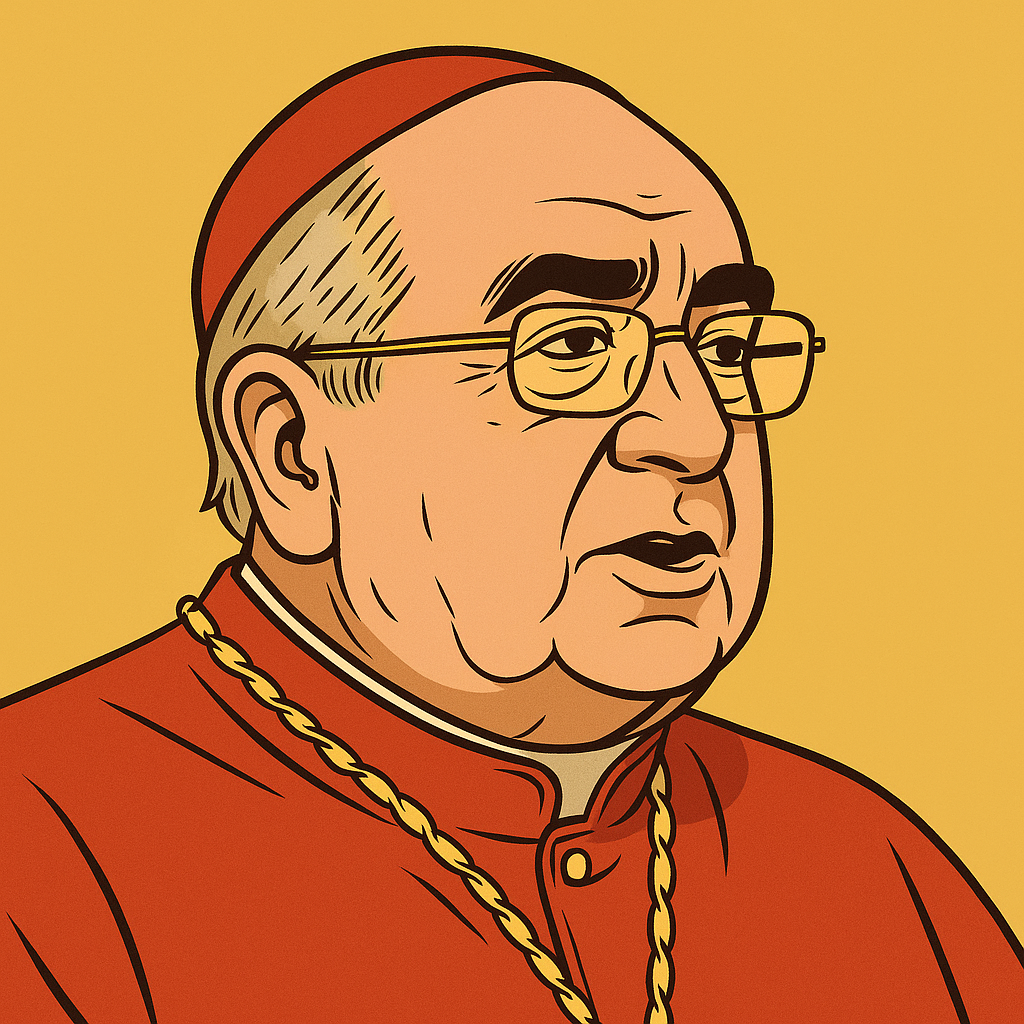
Poland
Polish cardinal, Archpriest of the Basilica of Saint Mary Major, known for his conservative positions and experience in lay ministry, in the tradition of John Paul II.
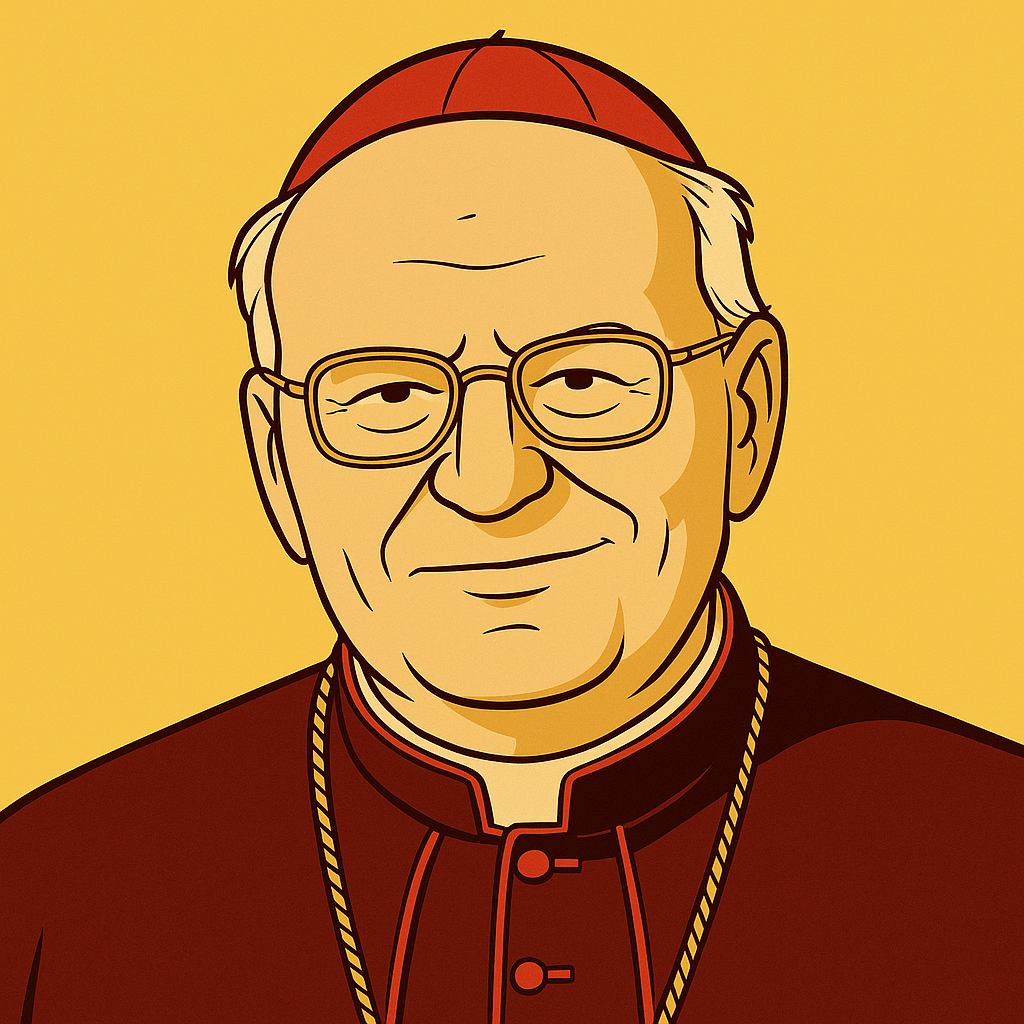
Hungary
Hungarian cardinal, Archbishop of Esztergom-Budapest, renowned canonist, known for his conservative doctrinal positions and his influential role in the Church of Central Europe.

Sweden
Swedish cardinal, the first Scandinavian cardinal in history, known for his balanced approach between tradition and openness, and his ecumenical work.
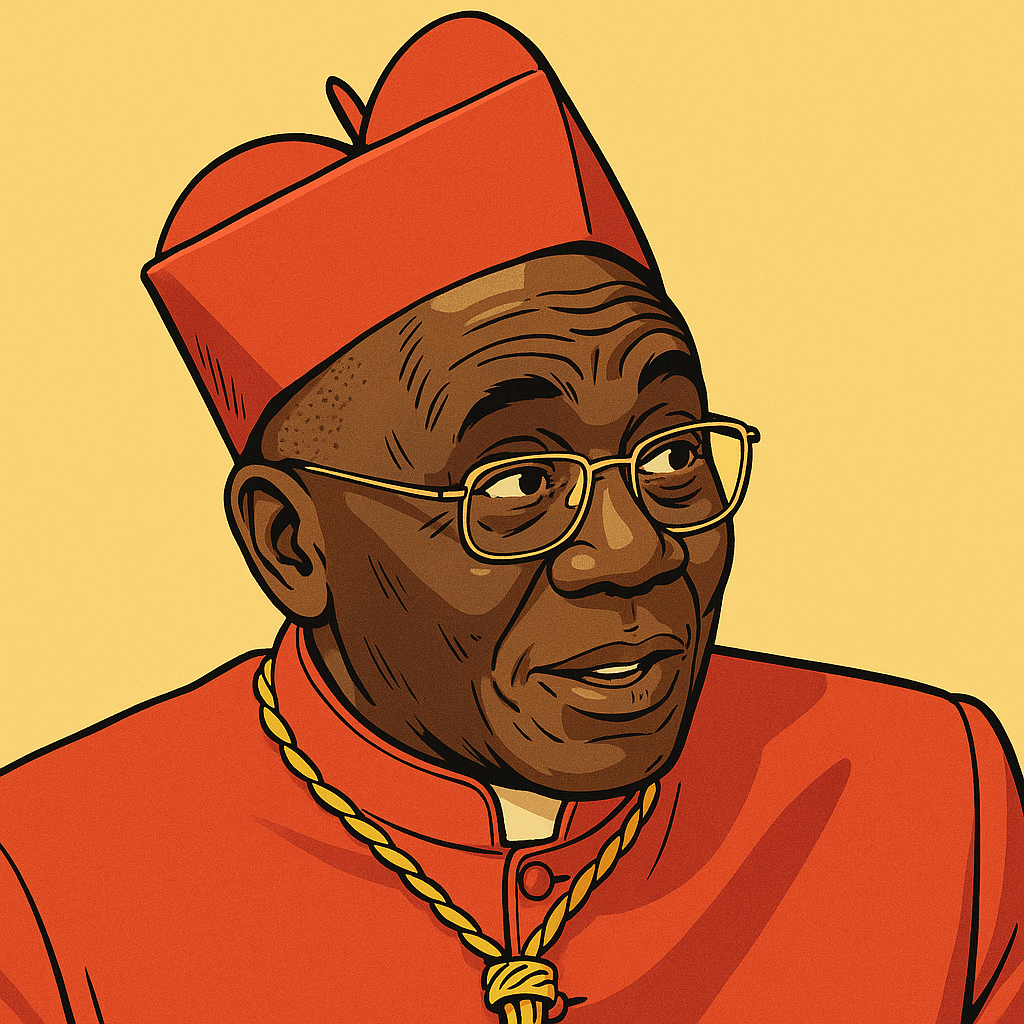
Ivory Coast
Ivorian cardinal, Archbishop of Abidjan, known for his doctrinal fidelity and conservative positions, while working for social peace and unity in his country.
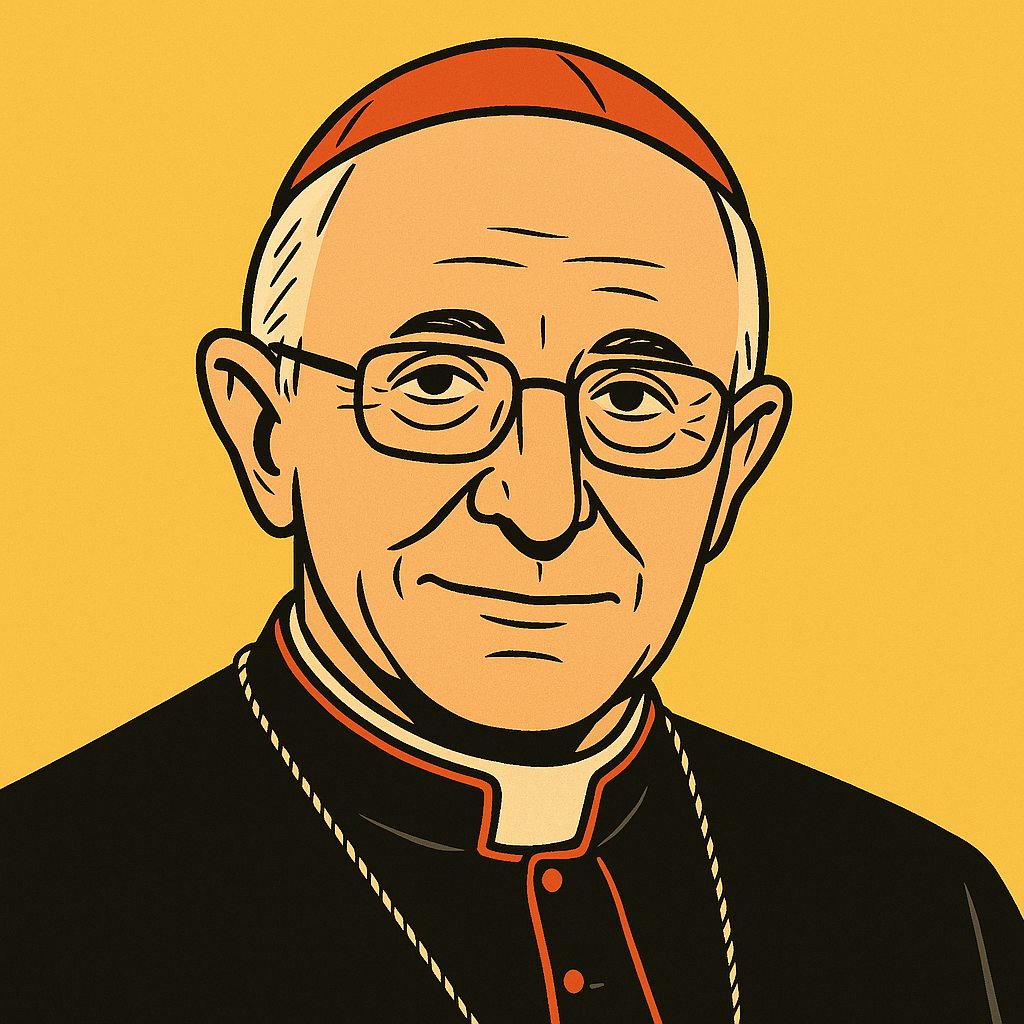
Italy
Italian cardinal, Grand Master of the Order of the Holy Sepulchre, former prefect of the Congregation for the Evangelization of Peoples, known for his missionary and diplomatic experience.
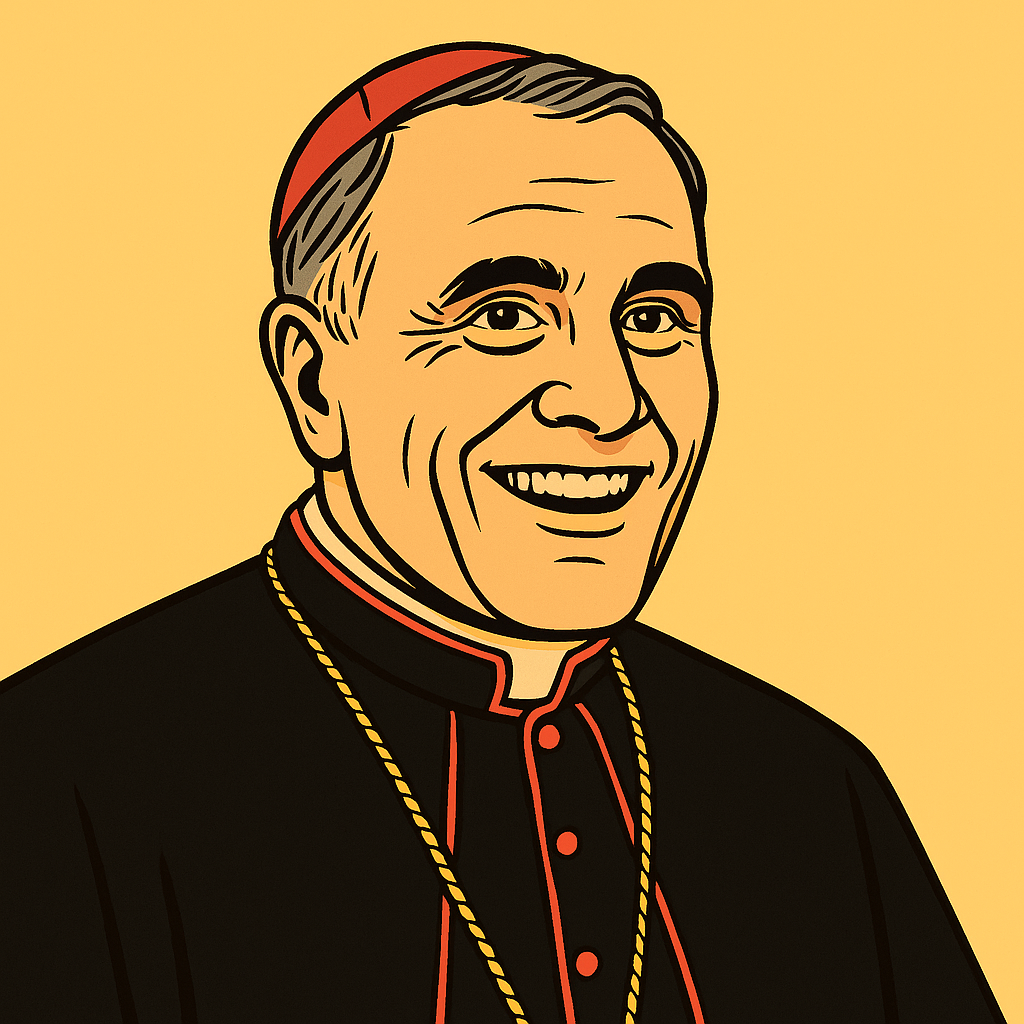
United States
American cardinal, known for his conservative positions on doctrine and liturgy, while seeking unity in a divided ecclesial context.
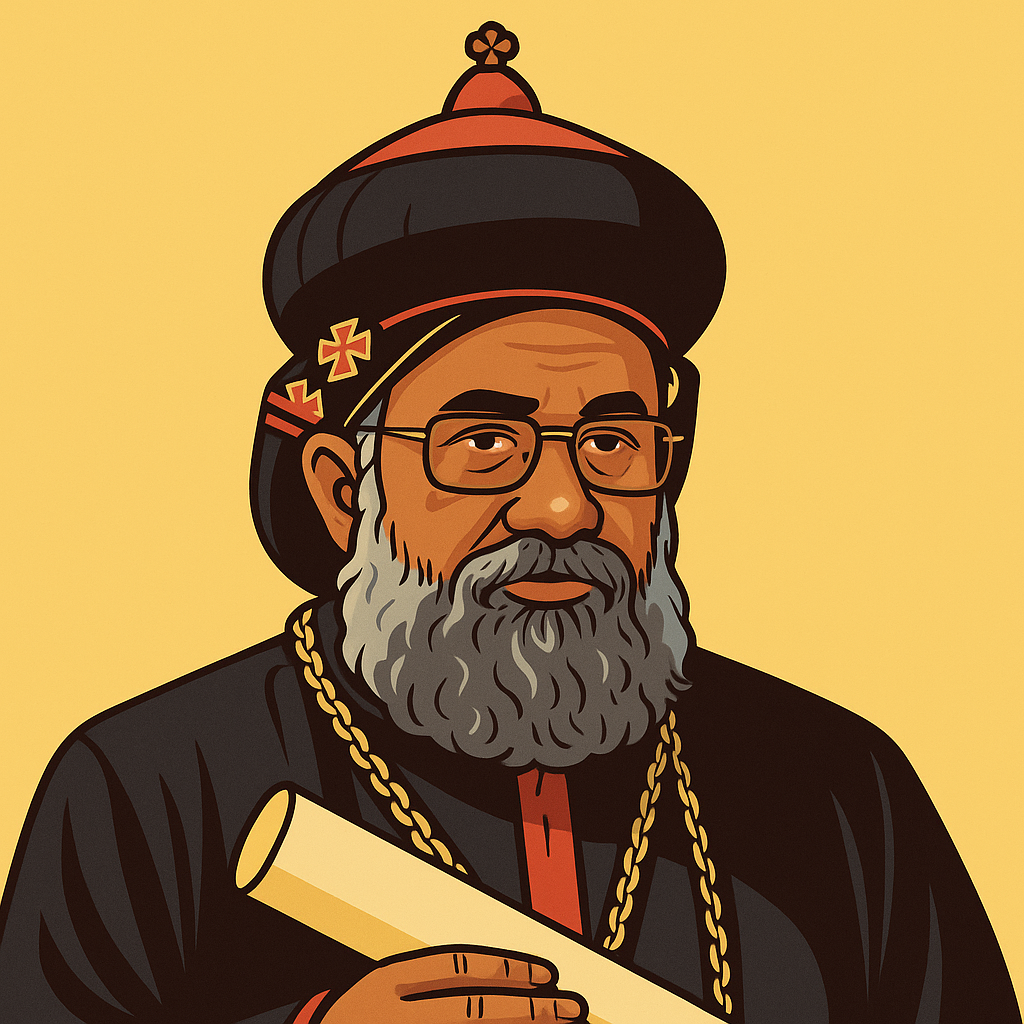
India
Indian cardinal of Syro-Malankara rite, known for his attachment to the Eastern traditions of the Church and his defense of traditional moral doctrine.
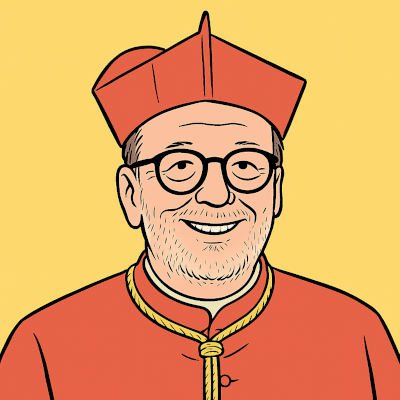
Italy
Italian cardinal, former apostolic nuncio, known for his diplomatic expertise and knowledge of Eastern Churches, combining liturgical tradition and openness to dialogue.
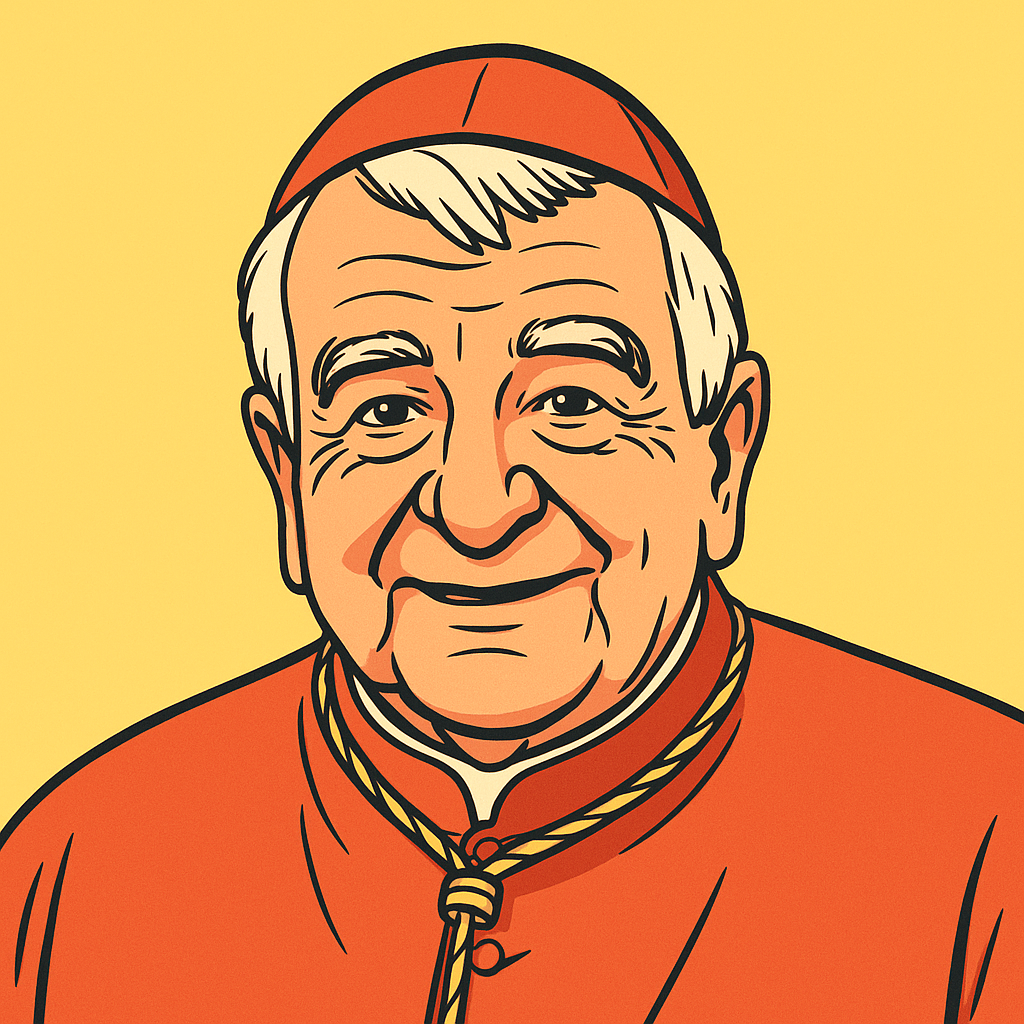
Switzerland
Swiss cardinal, apostolic nuncio, known for his diplomatic work and balanced approach between tradition and moderate openness.
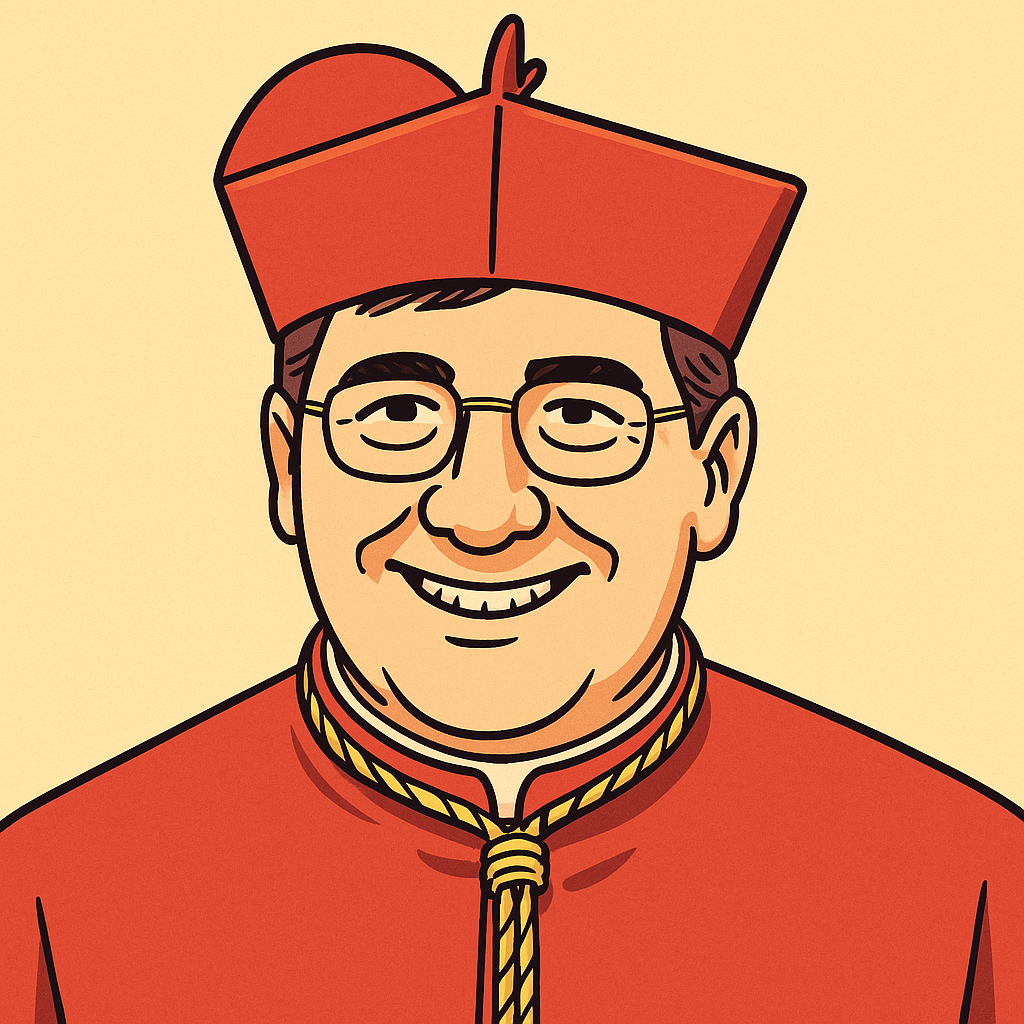
Canada
Canadian cardinal, Archbishop of Toronto, relatively new to the episcopate, known for his doctrinal fidelity and pragmatic pastoral approach.
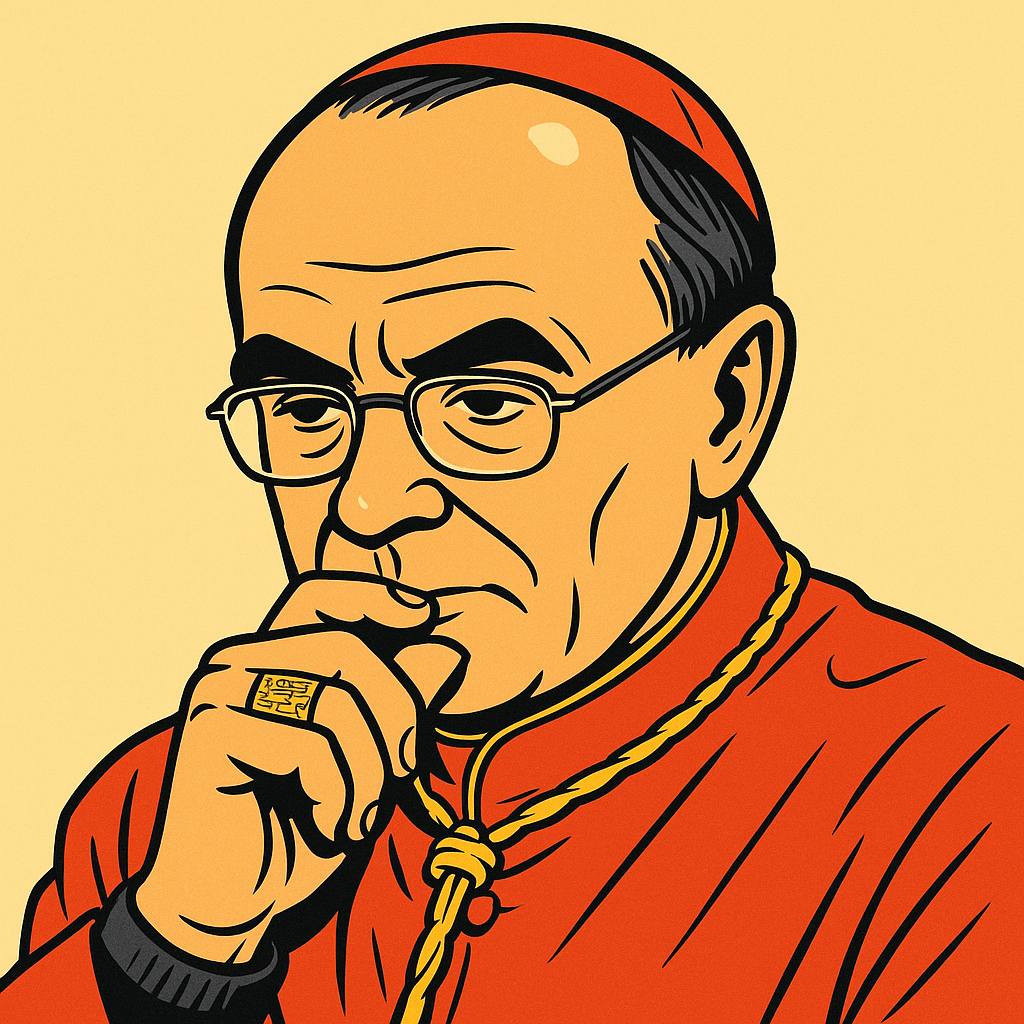
France
French cardinal, Archbishop Emeritus of Lyon, known for his missionary dynamism but whose career has been marked by controversy over the handling of sexual abuse in his diocese.
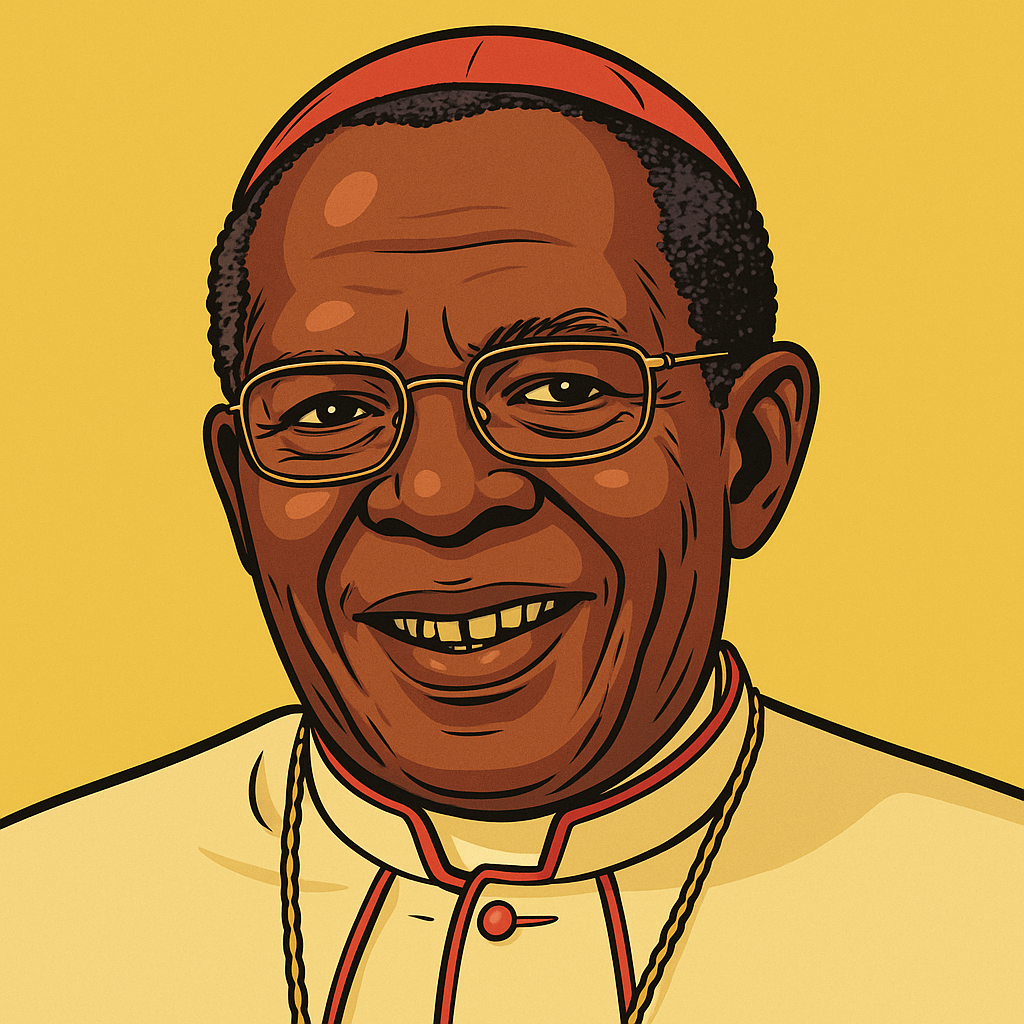
Kenya
Kenyan cardinal, Archbishop Emeritus of Nairobi, known for his conservative positions on moral issues and his leadership in the growing African Church.
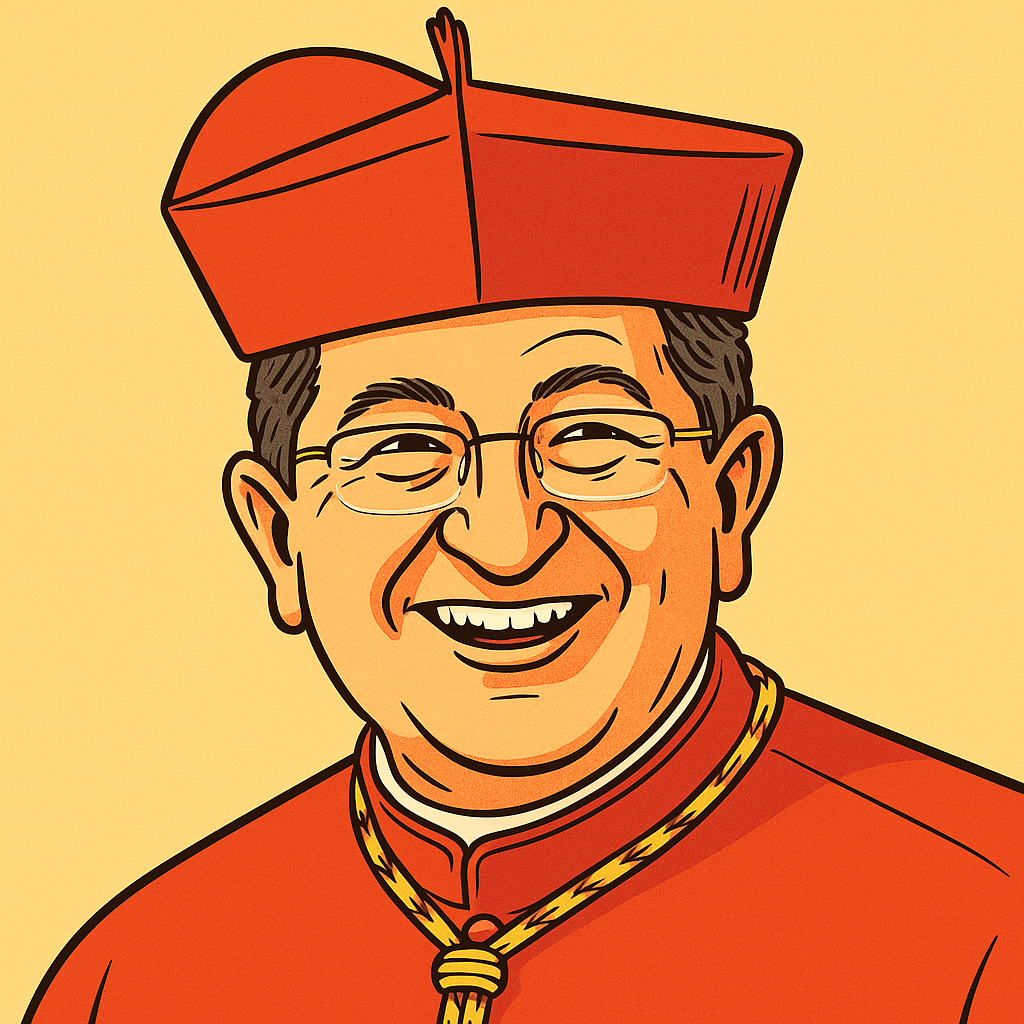
Italy
Italian cardinal, Archbishop of Florence, known for his conservative doctrinal positions and intellectual work, while remaining engaged in pastoral dialogue.

Italy
Italian cardinal, Grand Master of the Order of the Holy Sepulchre, former prefect of the Congregation for the Evangelization of Peoples, known for his missionary and diplomatic experience.

United States
American cardinal, known for his conservative positions on doctrine and liturgy, while seeking unity in a divided ecclesial context.

Ethiopia
Ethiopian cardinal of Eastern rite, known for his defense of traditional Church values and his pastoral work in a context of religious tensions.